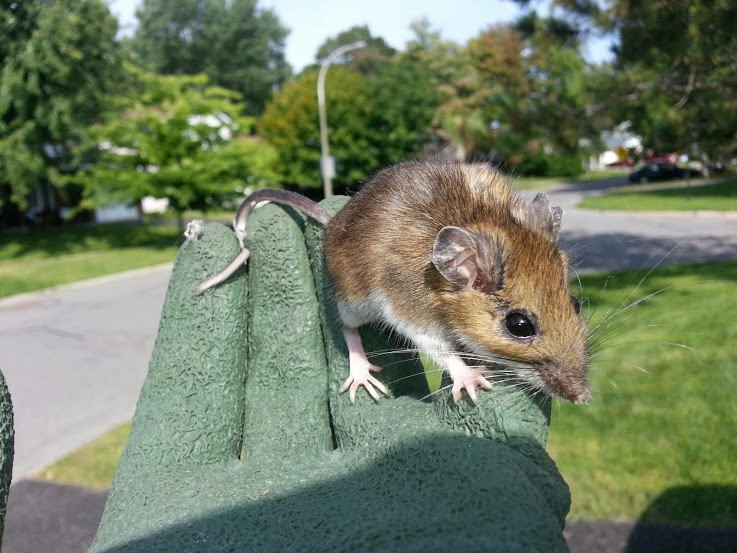Why Are There So Many Mice in Richmond Hill?
There are a few theories as to why rodent activity has increased in this area. In residential urban and suburban areas, there are typically more mice than in areas where people don't live for obvious reasons: the amount of food available. When people eat at home, they produce more food waste, and if they don't take out their garbage immediately, the bins may look like tasty buffets to unwanted rodent guests. Since the pandemic began, people have eaten at home more than in restaurants. This factor may also contribute to the amount of food waste in suburban houses. Aside from suburban homes being an easy food source for mice, they also provide a safe haven and a warm shelter in cold weather. It's best to prevent the mice from entering your home if you can, but if it's too late, there are many options you can exercise to rid your home of these rodents.How To Prevent a Mouse Infestation
The obvious first-line measure for preventing a rodent infestation is to make sure that you don't leave food out and unattended. Not only is this unhygienic, but it's also basically a calling card to rodents and other animals to come have a free lunch! Removing food won't get rid of the mice if they truly want to enter your home, though. Work with a humane mice removal or pest control company to seal up any outstanding cracks in your house, repair spots in your drywall where they may have entered before, and ensure that you don't leave piles of blankets, clothes, or anything soft in your attic where they can make a nice home for themselves. Once they start multiplying, they won't stop — and this means more mice for you to kick out of your home later!What To Do If You Already Have a Mouse Infestation
If you hear one mouse in your home, there's a good chance that it came with friends. These tiny rodents can enter your home through a crack the size of a quarter, and you may have no idea where that hole is without the services of a pest control company's inspection. It's important to address a mouse infestation head-on before it gets worse. While mice do not often spread disease and they tend to be shy around humans, they can bite when they feel cornered and their droppings may carry hantavirus. Signs of a mouse infestation include the following:- Skittering or scratching noises in the walls
- Mouse droppings that are dark brown and only a few millimetres long (these can be around your baseboards, in your attic, and even on your countertops)
- Holes chewed in pantry items and boxes
- Unpleasant smells in areas where you suspect the nest to be
- Seeing one or more mice in your home, attic, or garage — especially when you open the door and turn on the lights



